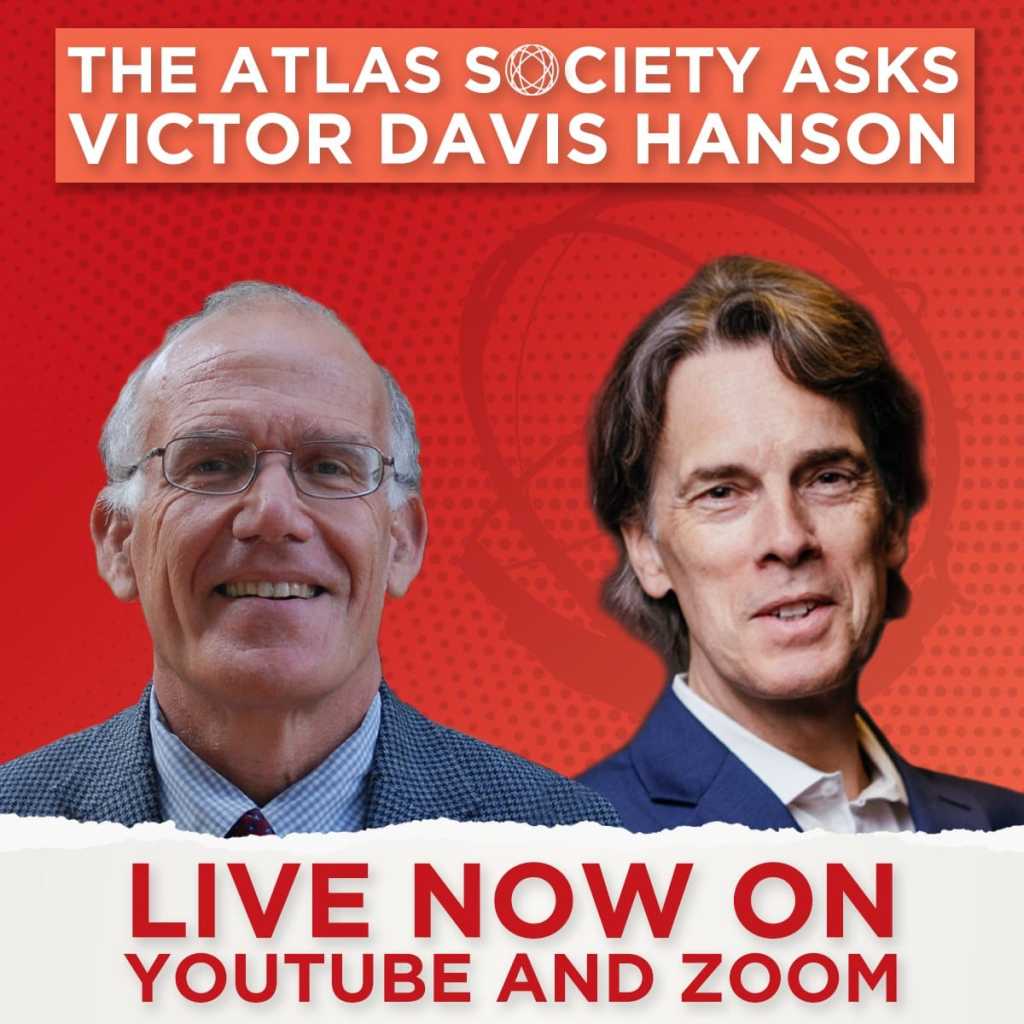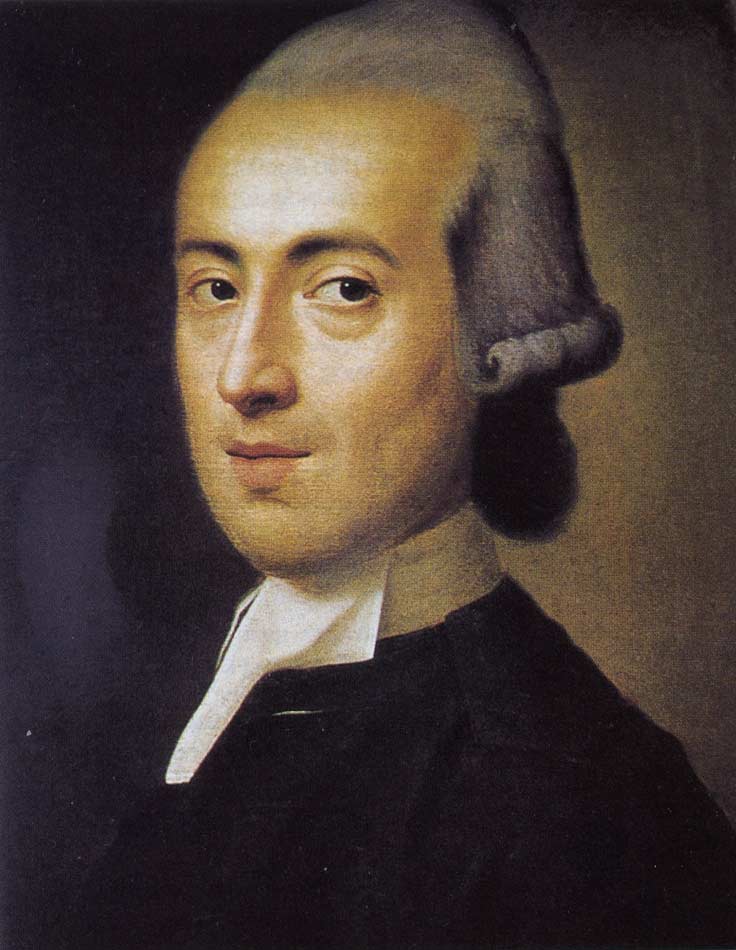Anti-Slavery in the Americas: A Primer [Atlas Intellectuals]
In this week of the Atlas Intellectuals course on Slavery we feature Stephen Hicks’s analysis of slavery’s history: Anti-Slavery in the Americas: A Primer. The first two points: Before Columbus’s Atlantic crossing, slavery had long been practiced by every major culture in the world, with the likely exception of Australia. Virtually no individuals known to […]
Anti-Slavery in the Americas: A Primer [Atlas Intellectuals] Read More »

